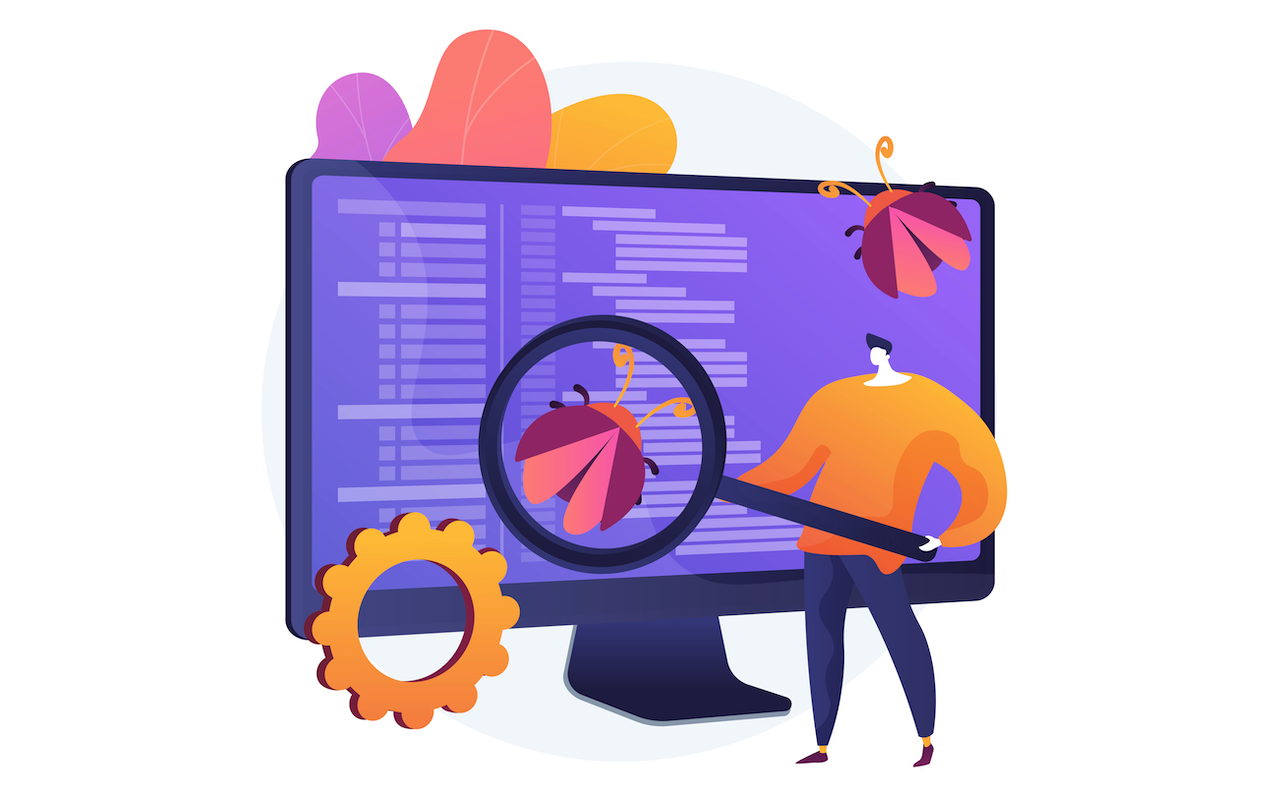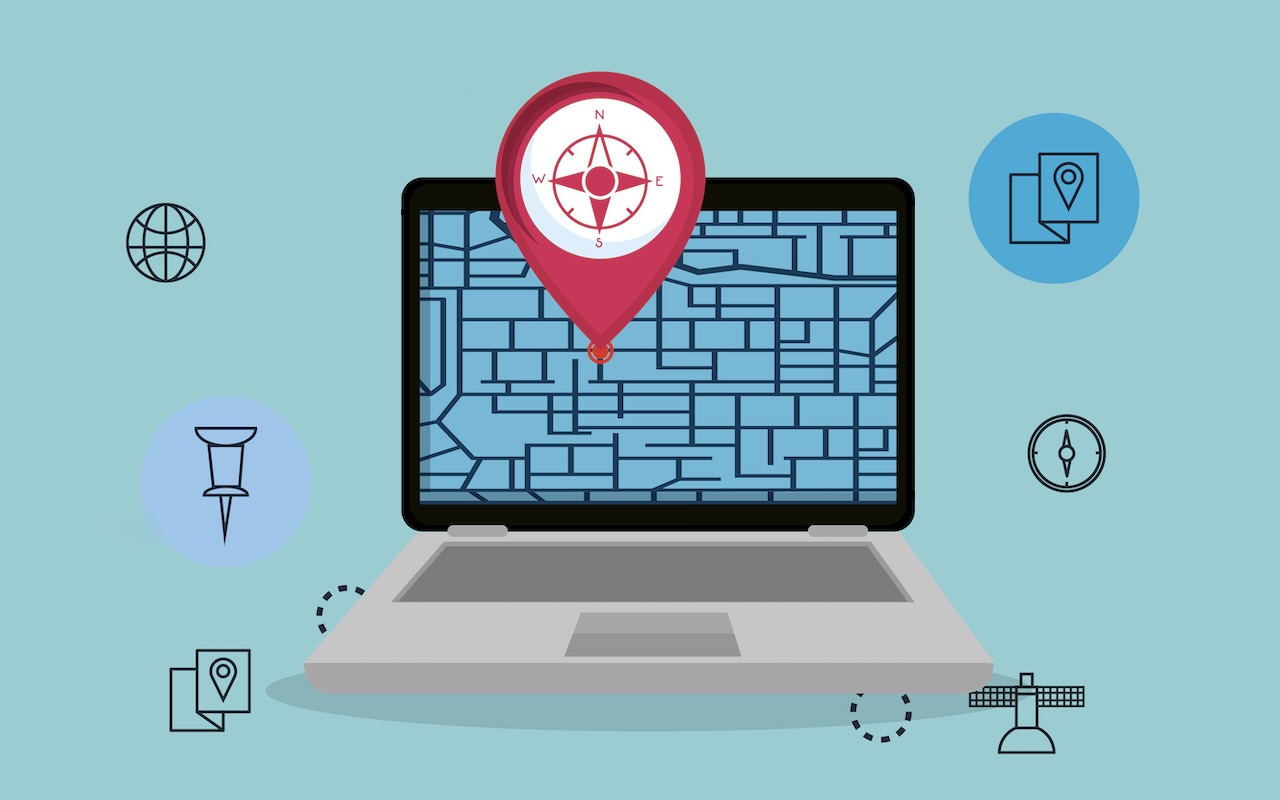
Next-generation analytics leverage scan data, records from warehouse and transport systems, and the timing of each process step to identify which receiving, picking, kitting, or shipping activities are underperforming. Standardized metrics and real-time dashboards across sites and shifts enable more effective performance comparisons. As delivery windows shorten and costs increase, deploying labor and inventory must be more exact.









